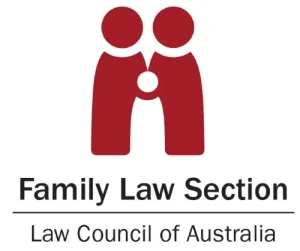Case Study: Why you shouldn’t make handshake deals when it comes to the family farm

Handshake deals between family members are a common precursor to many intergenerational farming disputes. As a disputed estate specialist, I deal with the fall-out of handshake deals every day.
Mandated Vaccinations – are they legal?

The expected rise in COVID-19 transmission means everyone should be aware of their rights and responsibilities when it comes to safety at work and workers compensation.
Advice from a family lawyer: 5 steps of divorce

The expected rise in COVID-19 transmission means everyone should be aware of their rights and responsibilities when it comes to safety at work and workers compensation.











